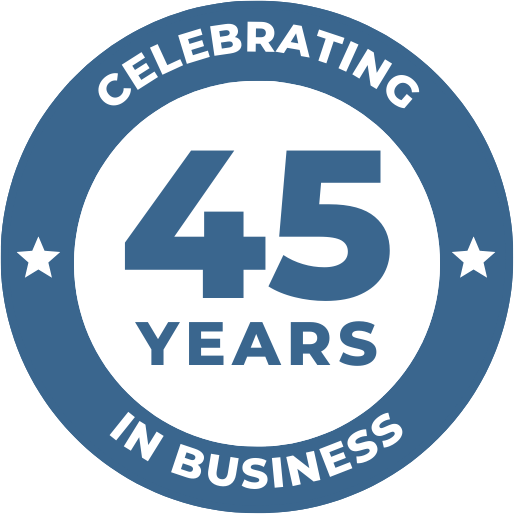Tax Changes for Business Owners

The dreaded part of every new year has arrived, and it is called Tax Season! It is not uncommon for business owners, even those with the best record keeping in place, to be recipient of some unexpected surprises when it comes time to send in their taxes.
Tax Reform Legislation was passed in December of 2017. The IRS has published some of the changes that may affect self-employed individuals as well as the bottom line for many small business owners. It is important to be aware of these changes when filing your 2018 business tax returns.
Qualified Business Income Deduction
Owner’s of sole proprietorships, partnerships, trusts and S corporations may deduct 20% of their qualified business income (Section 199A qualified business deduction) for the first time on their 2018 returns.
The deduction applies to qualified:
- Business Income
- Real estate investment trust dividends
- Publicly traded partnership income
For more information on this deduction see REG-107892-18 at www.irs.gov.
Temporary 100% Expensing for Certain Business Assets
Business assets with a recovery period of 20 years or less generally qualify. Some real property such as office equipment, machinery, furniture and appliances may also apply.
Fringe Benefits
Fringe benefits cover a broad spectrum. Some of the benefits affected are:
- Meals and Entertainment. The deduction for entertainment or recreational expenses has been eliminated. Fifty percent of the cost of business meals may be allowed if the business owner or an employee is in attendance and consulting for current or potential clients, or similar business contacts. Other qualifying criteria may be
- Deductions for transportation fringe benefits has been disallowed, as well as benefits associated with commuting. The exception is made when these benefits are in place as a necessity for safety.
- Bicycle Commuting. Qualified bicycle commuting may be deducted as a business expense for 2018-2025. Employers are now required to include these reimbursements in employee
· Moving Expenses. Moving expenses reimbursed by an employer to an employee are now taxable. Moving expenses for years prior to 2018 are exempt. Payments made by employers to a moving companies in 2018 for a prior year, are also exempt.
- Employee Awards/gifts. Employee awards considered tangible personal property may be excluded from wages. Some of these may be deducted by the employer, subject to New definition of tangible personal property is not inclusive of cash, gift cards or cash equivalents, event tickets, stocks, meals and other like items.
For a complete explanation, specifics and FAQ’s go to www.irs.gov.
Any aspect of the Tax Reform may affect your business. Many business owners experience a cash deficit when they have to put available funds toward taxes. American Receivable is here to help! Business owners can sell their outstanding invoices to American Receivable for immediate funding, eliminating a slow- down in business due to lack of cash. Cash is vital for any business to flourish as expenses such as payroll, rent, and other operational costs have to be met. The ability to obtain cash for invoices allows the business owner to put funds where they feel they are most needed to keep their business on track and growing.
Call American Receivable today and let us help you survive tax season!







